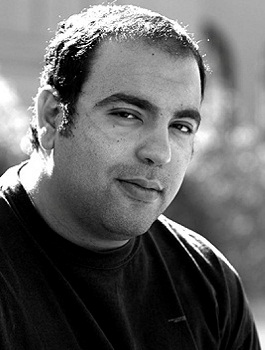By Sarah Tonsy
Upon attending a symposium on “The Non-violent Revolution in Egypt: Learned Lessons,” that took place on June 6-7, 2011 at Cairo University, I learned and realized many things about Egypt’s current situation.
Years of trial and error are still to come before the government becomes representative of the people. Presidents will be elected and governments appointed but democracy and freedom might not still be here for years to come. One of the professors in the symposium said that there are four parties right now on the political arena and the least representative and contributing party is the one who revolted.
Movements on the platform right now should accept the fact that change will be gradual and there are bound to be residues of the old regime everywhere in the Egyptian political arena. That is not to say that we should let them take over again or be manifestly present but only to accept the mere fact that the political arena will not be decontaminated in a year and not even two.
The presence of many parties created the dilemma of making people choose sides, thinking that one must be right and the other wrong forgetting that it is their power and that the people themselves decide what is right or wrong.
Although the Egyptian people have established themselves as “sovereign,” they should start to walk the walk, the political one that is! Not taking the seat of the spectators as they used to, letting a minority decide their future.
Egyptians have always showed and taught the world how to carry out a peaceful revolution. Since the late 1800’s Egyptians have been in one struggle after another to move from one dictatorship only to stumble into the next one.
The nonviolent Egyptian revolution should be cherished all the way and for the rest of time as a nonviolent revolution that will not switch to violence at any step of the way. Especially with the current divisions, people might be tempted to be violent or show a violent tendency, which is condemned by not only the masses of the Egyptian people but by people in foreign countries who were and still are in solidarity with Arabs who are calling for freedom. We, as Egyptians have support and admiration for our main principle, which is instilling democracy and freedom using peace and not war.
Egyptians have set an example defying the United States of America (USA) and other Western countries in promoting freedom and democracy through peace, which they failed to do with their armies and weapons in several parts of the region.
Last (and this may not be a learned lesson as much as it is a question) will the USA and Europe learn anything from the revolutions in the Arab world? Will this reflect on their foreign policies in a way other than a heartwarming pat on the back that at the end does not mean any change? Will there be balance in the international political game?



